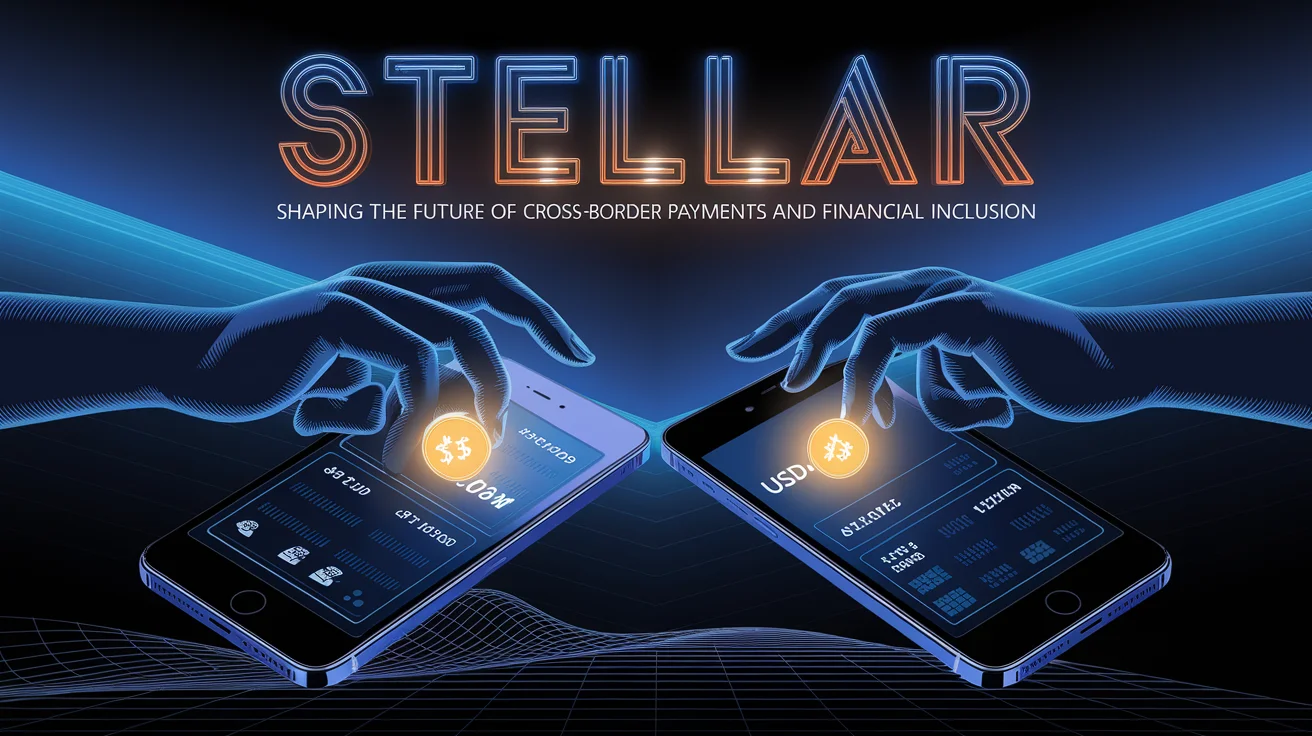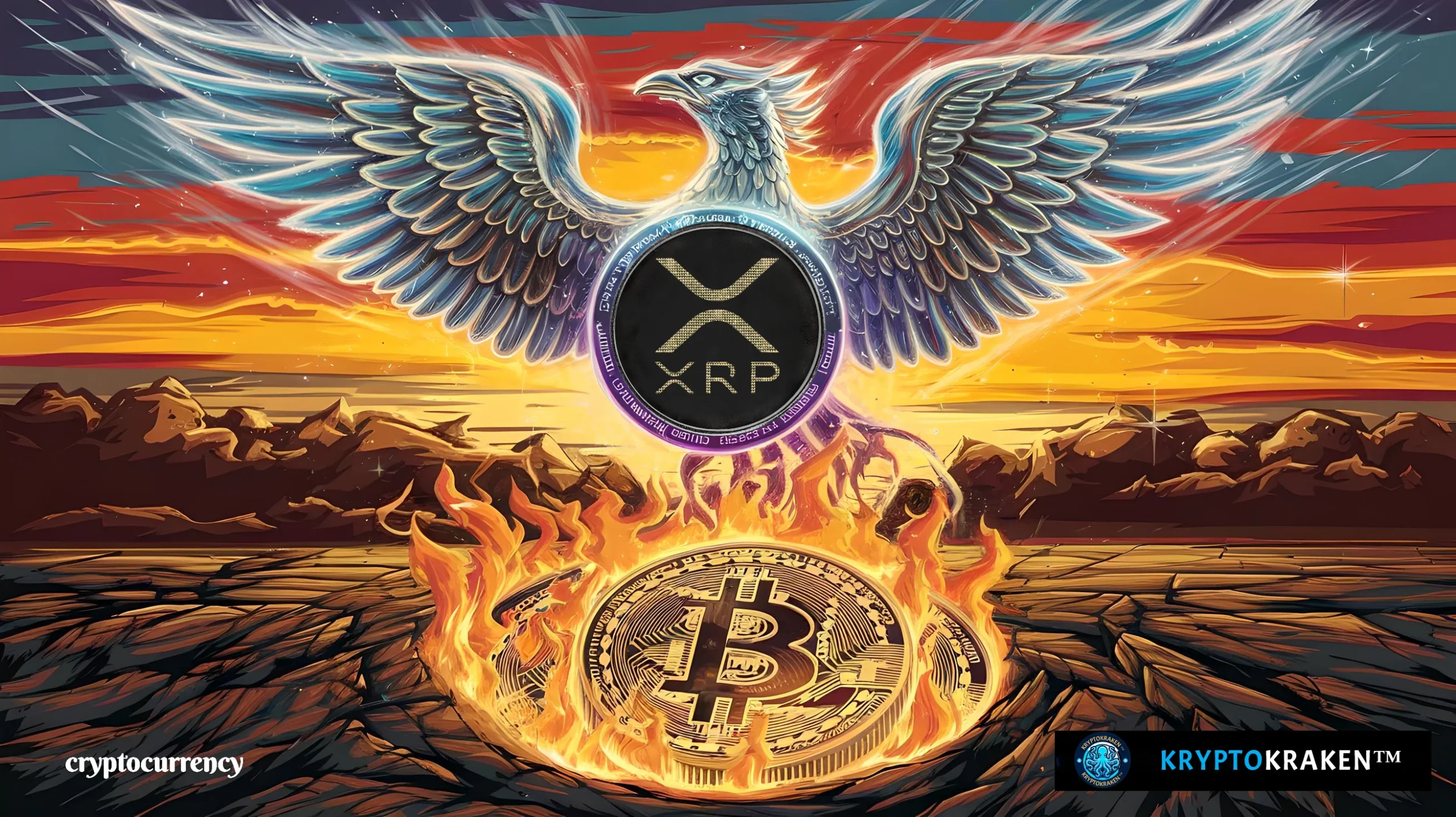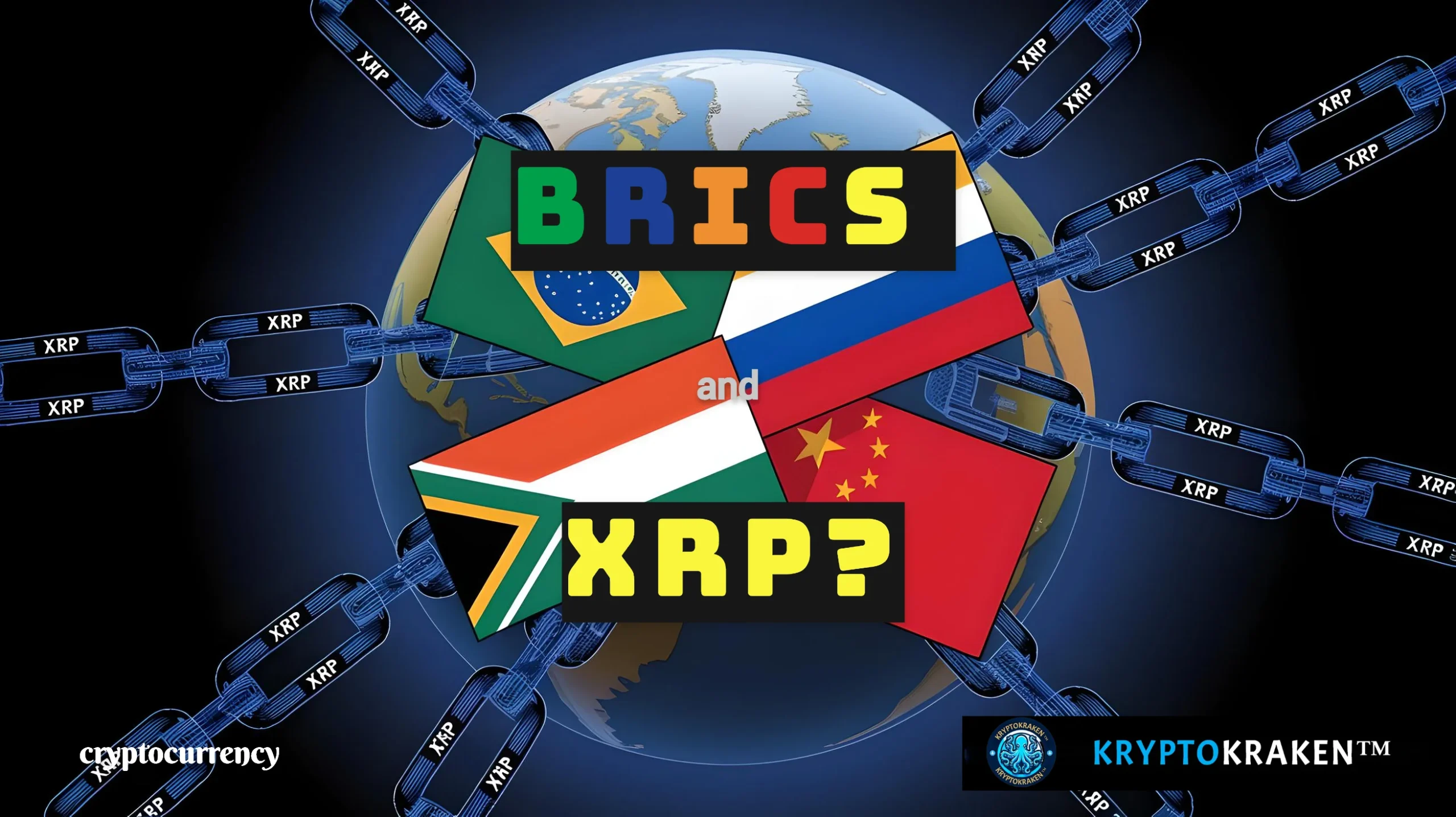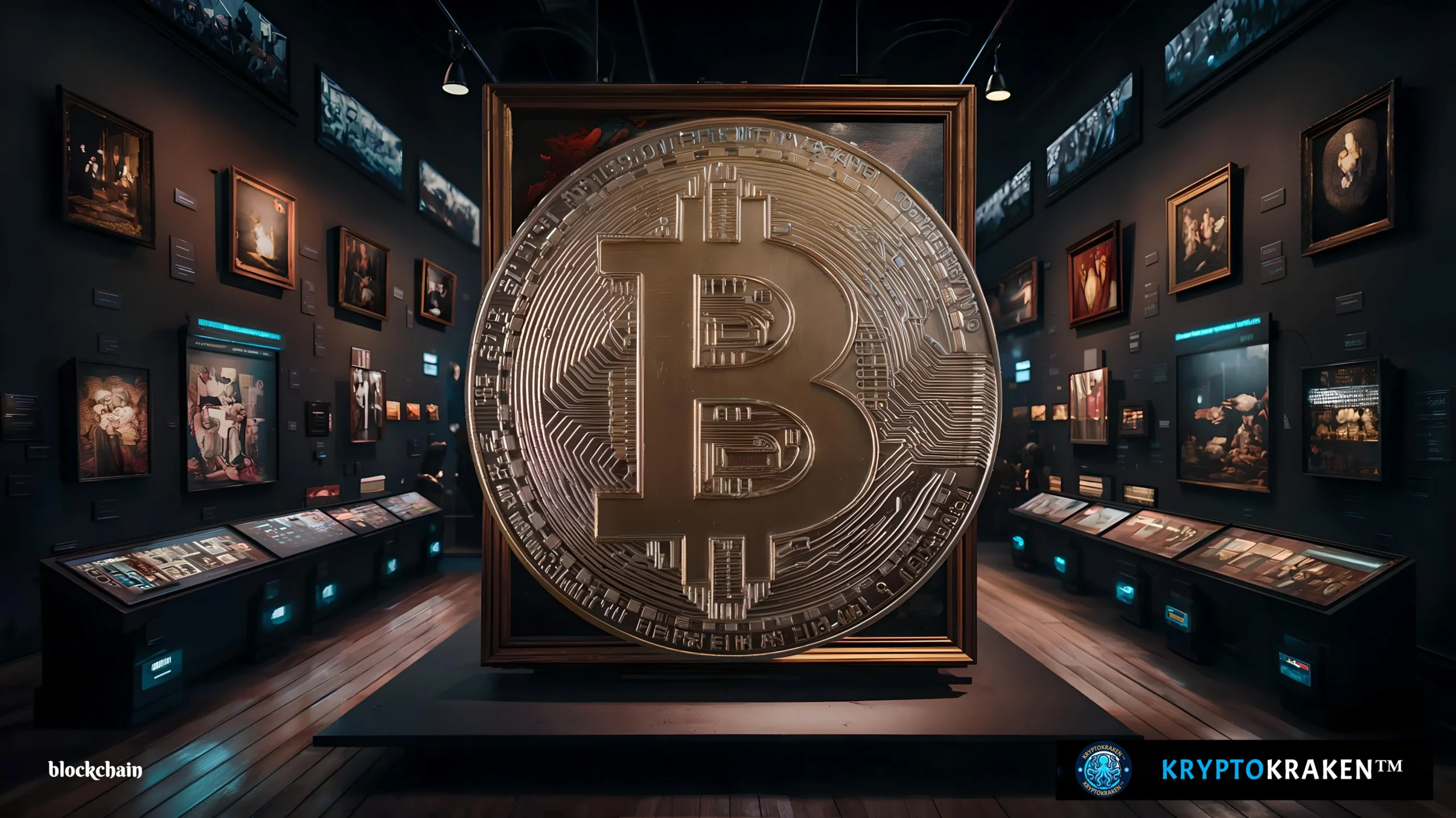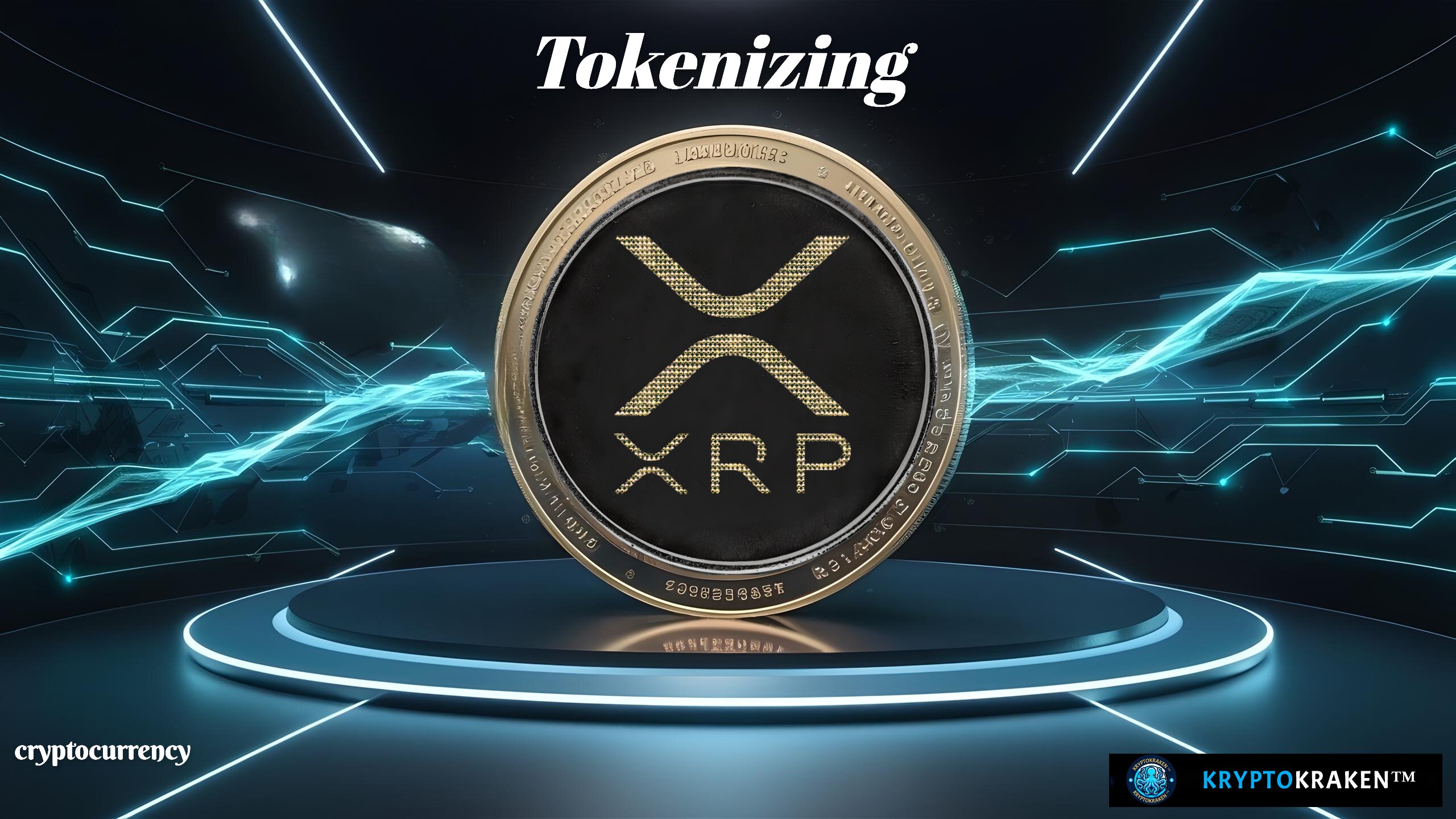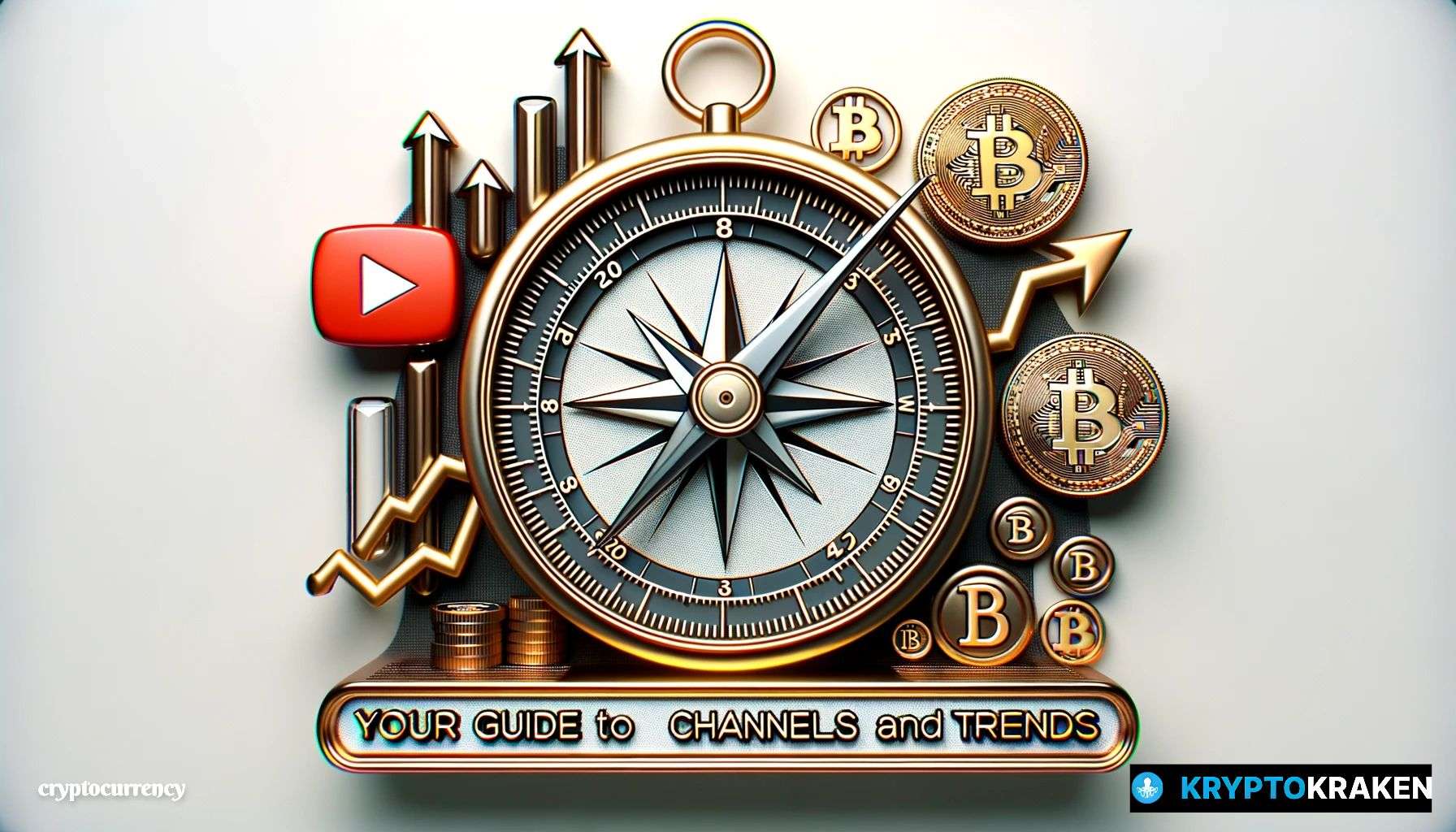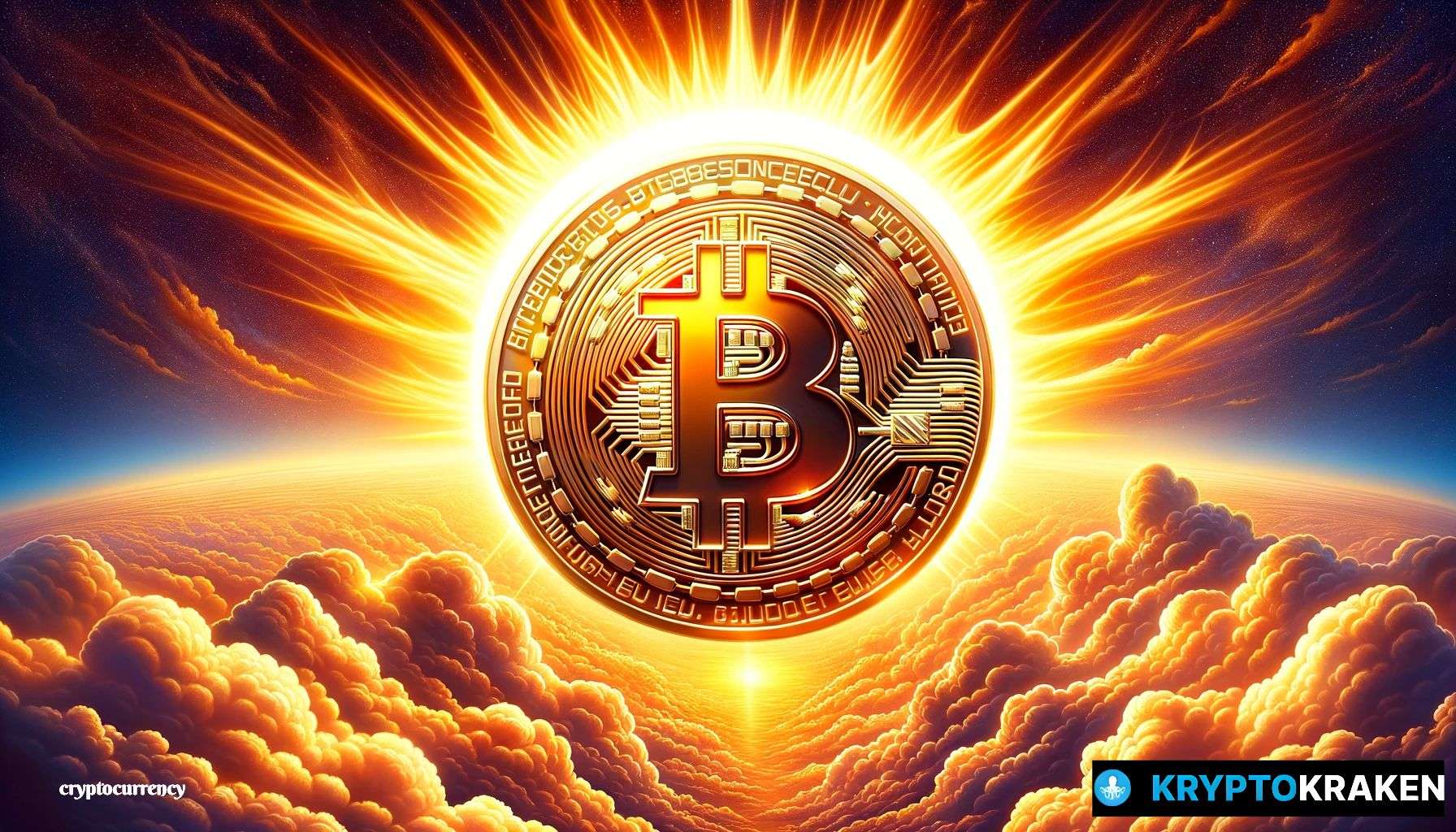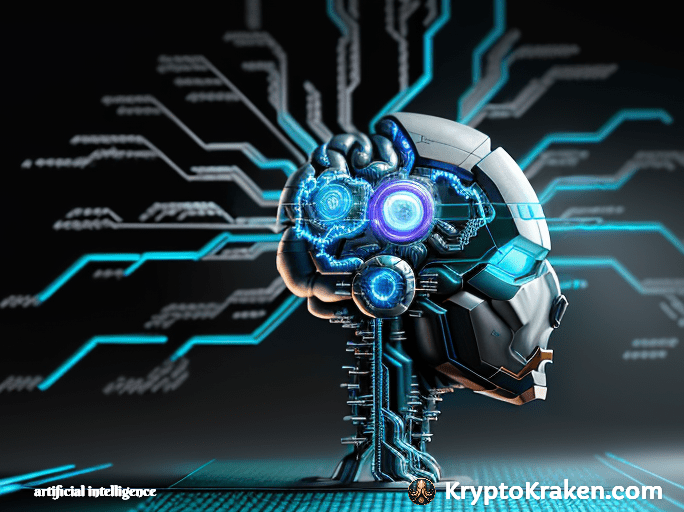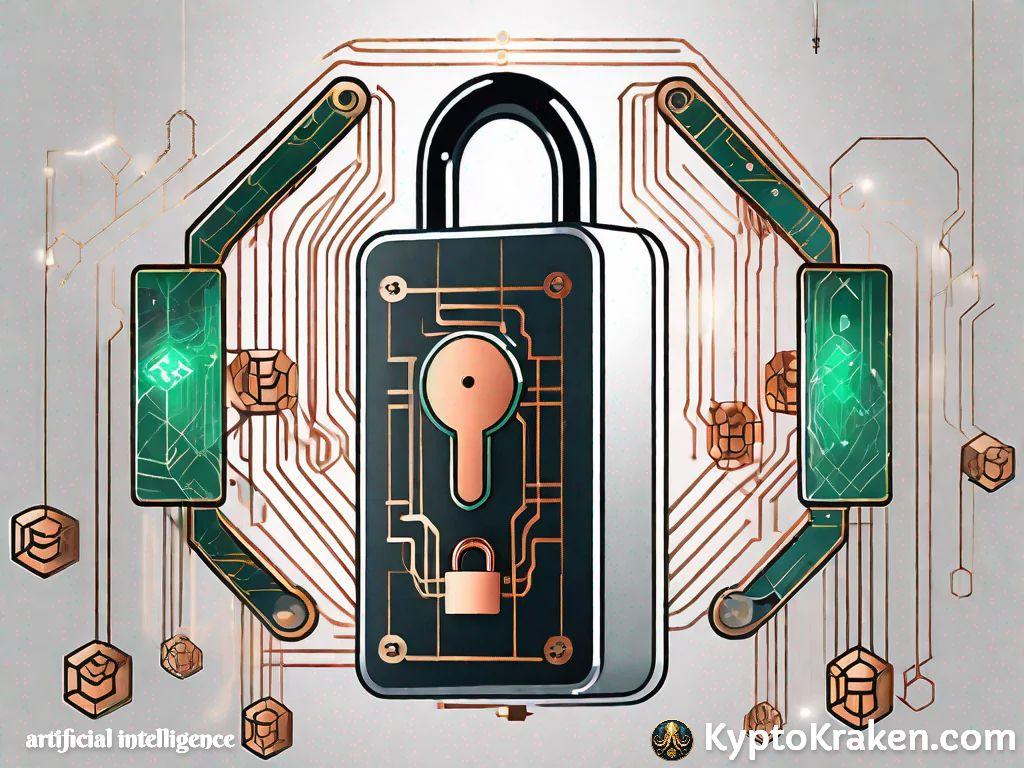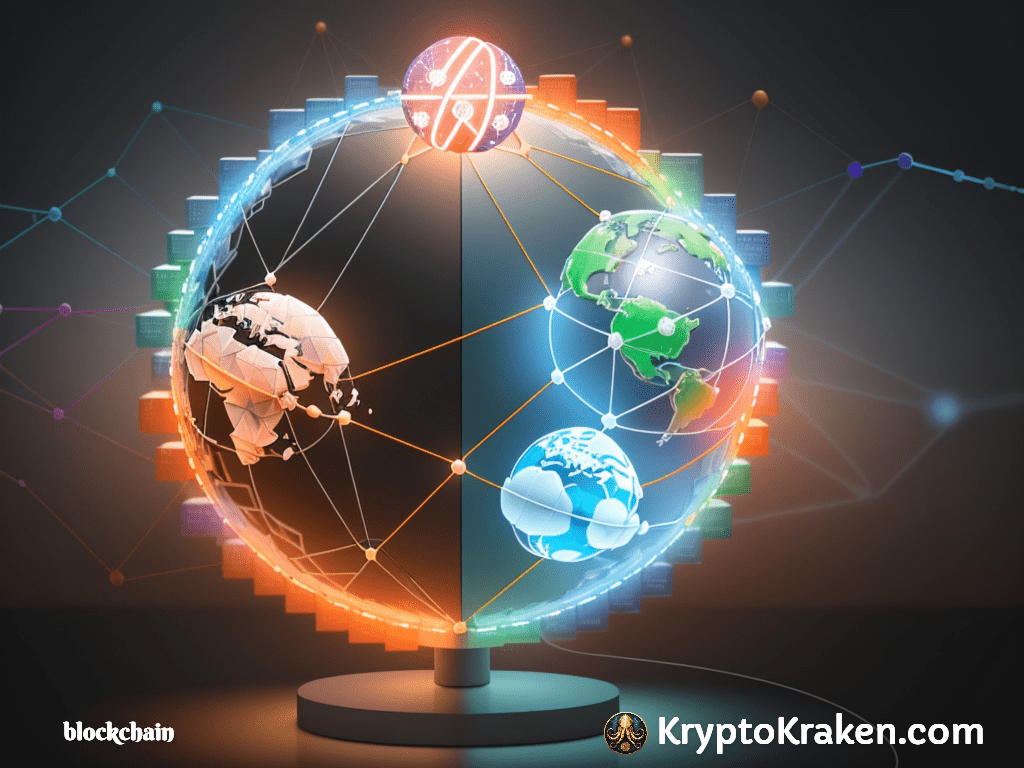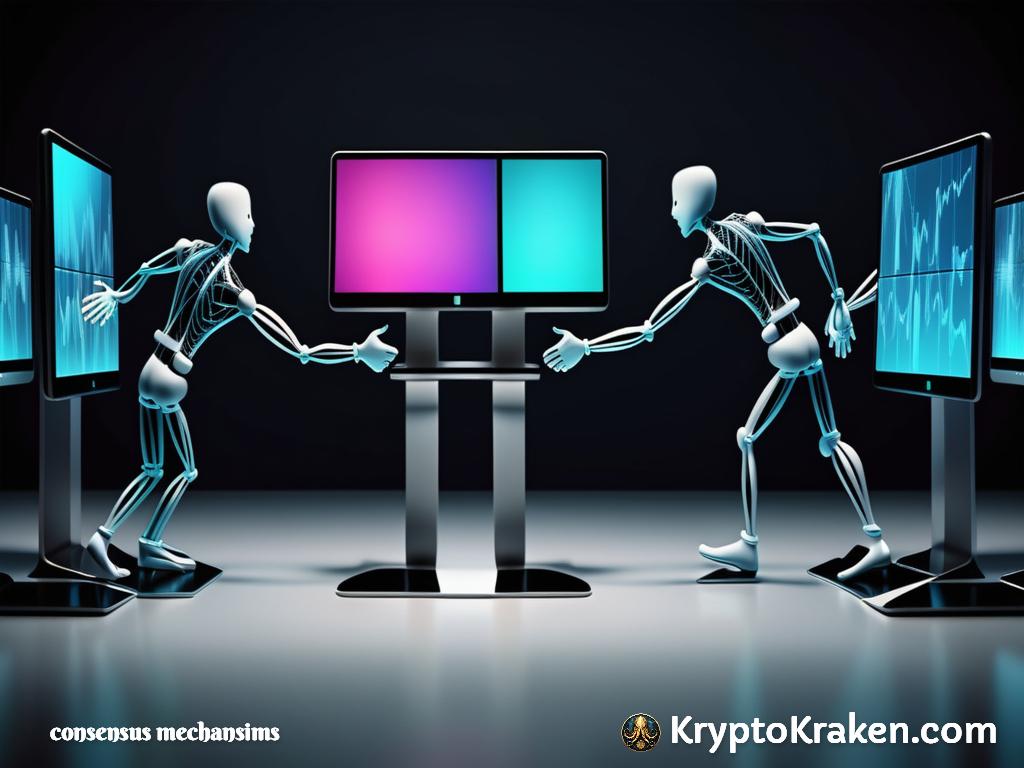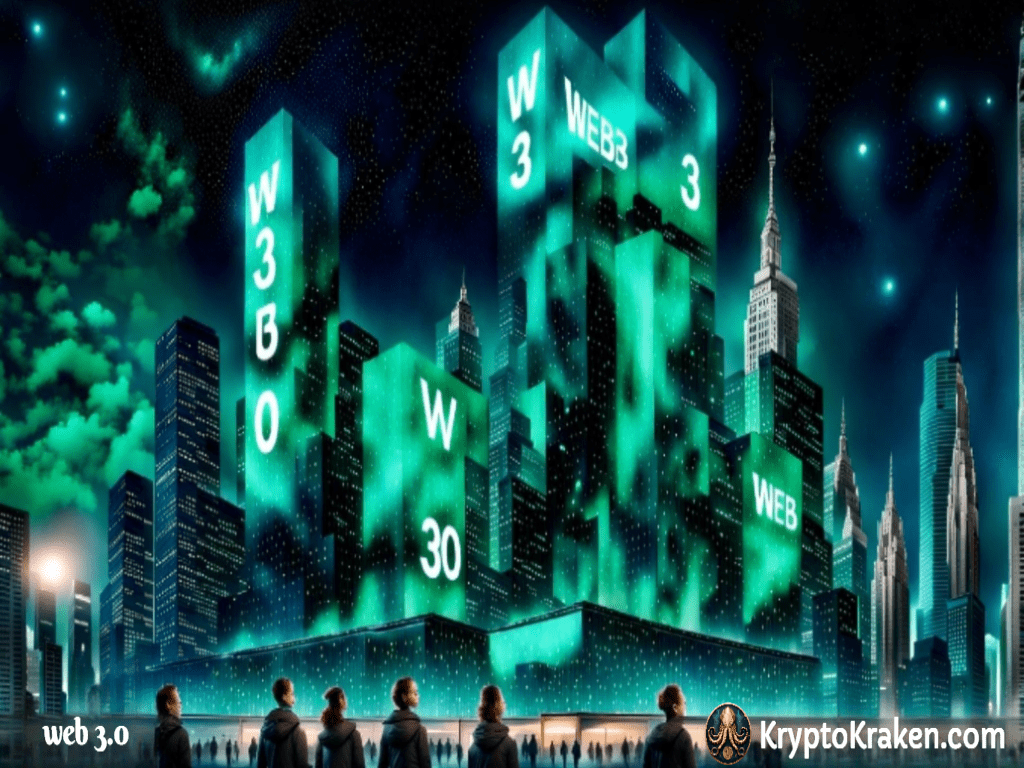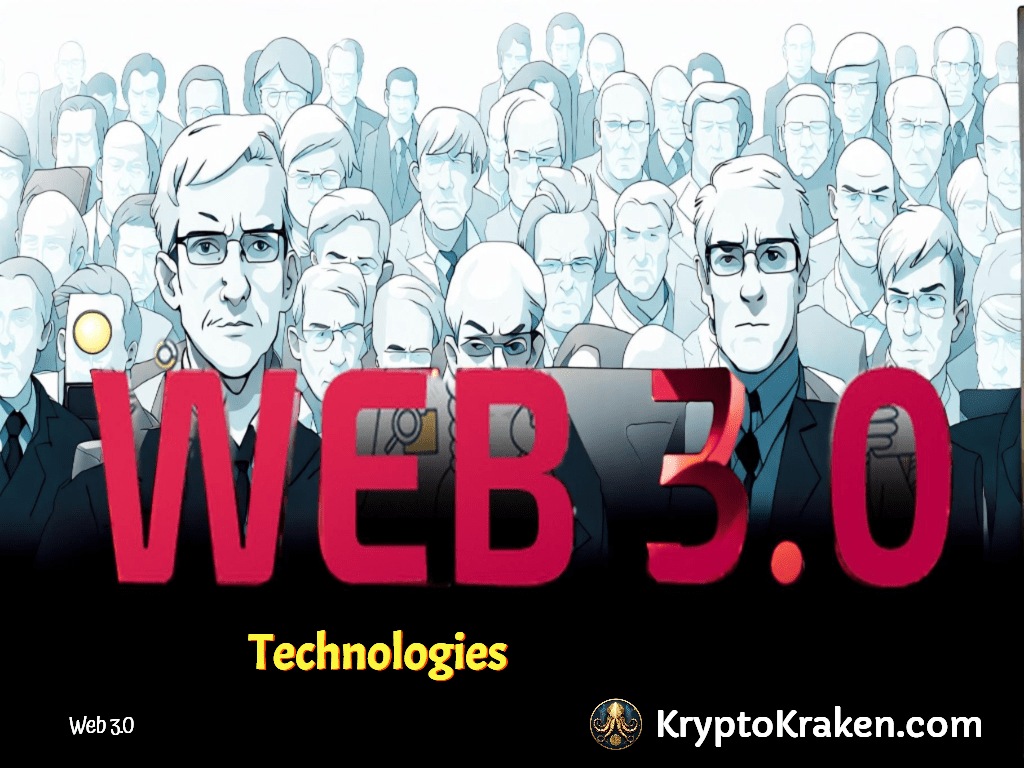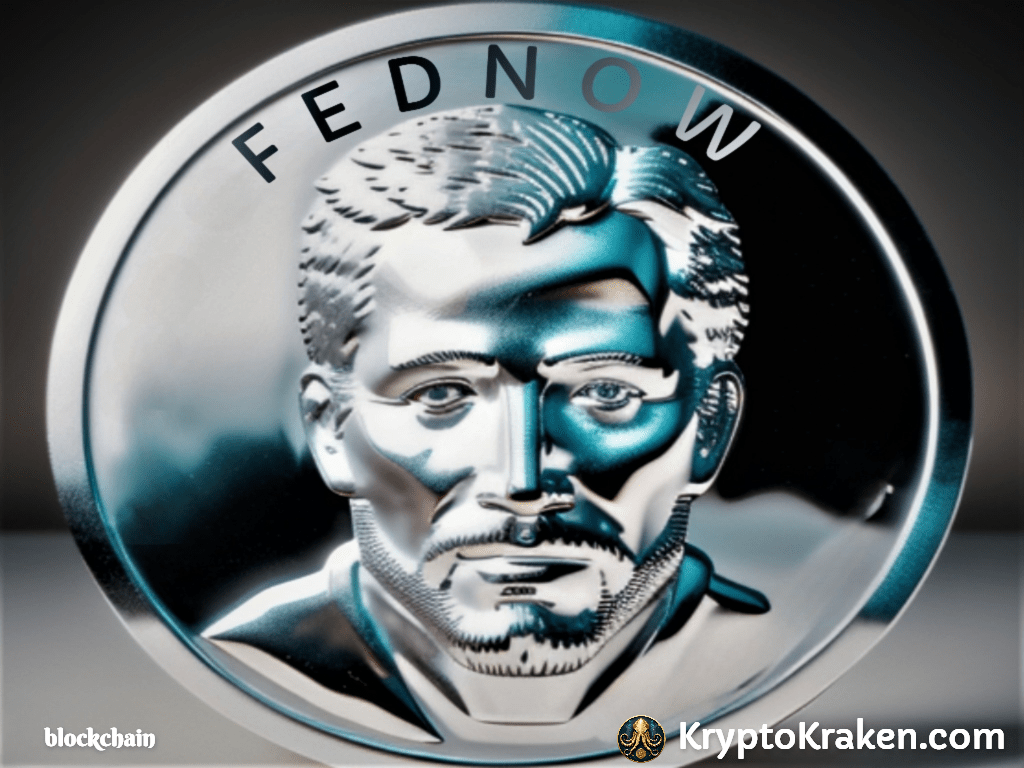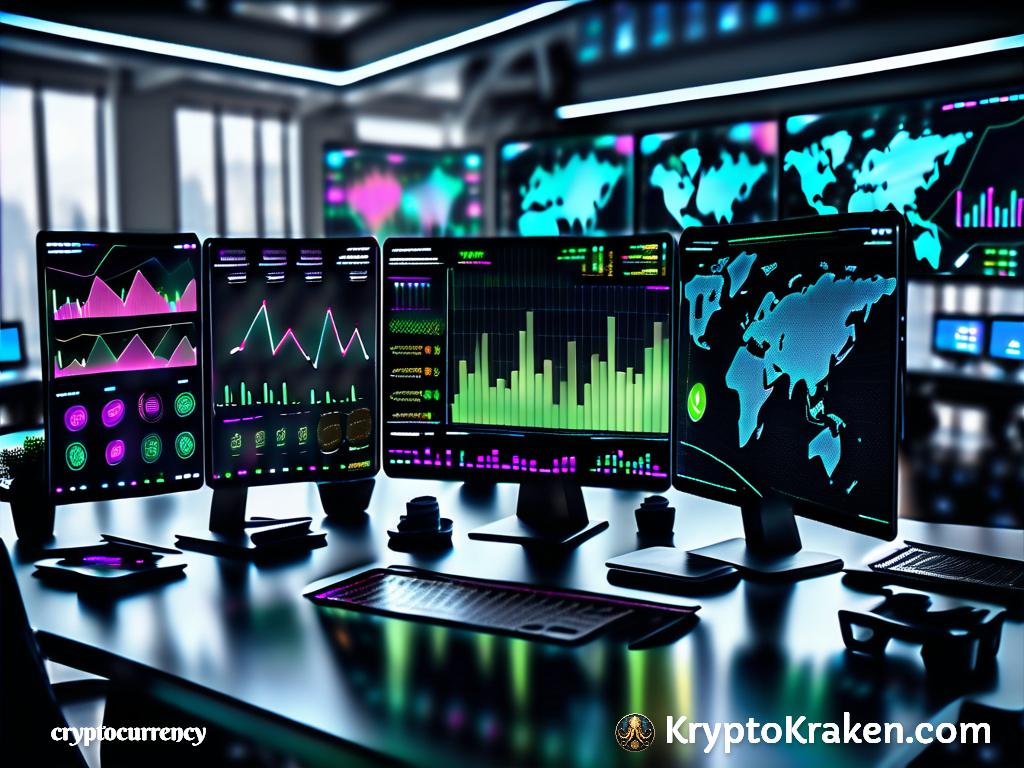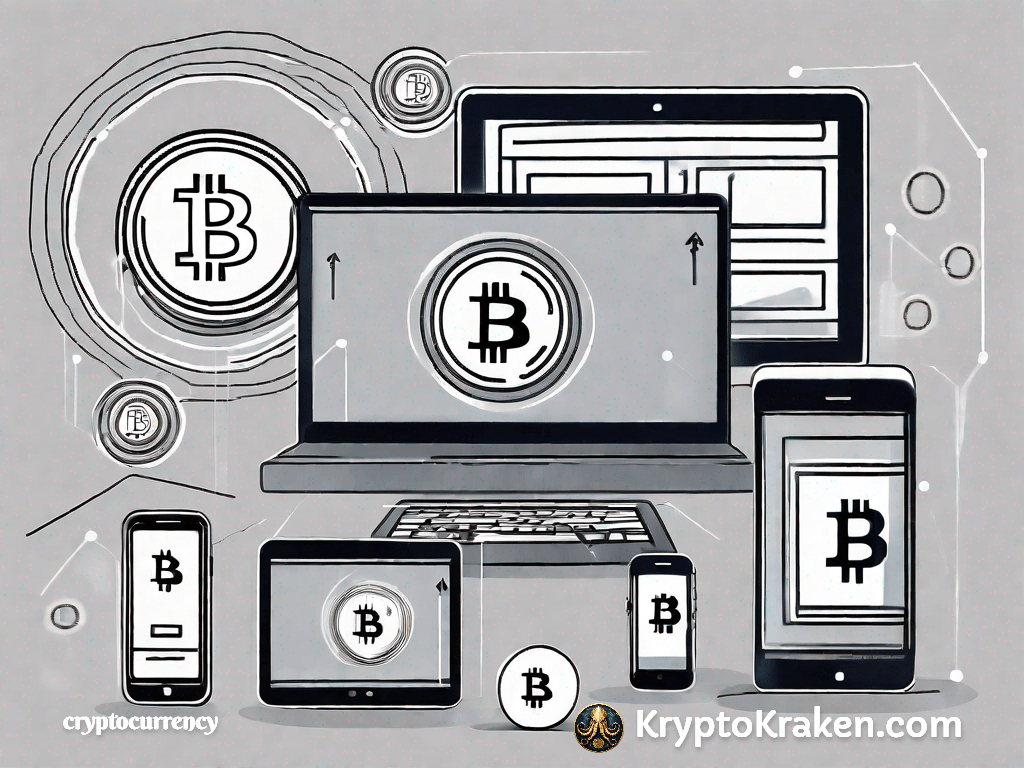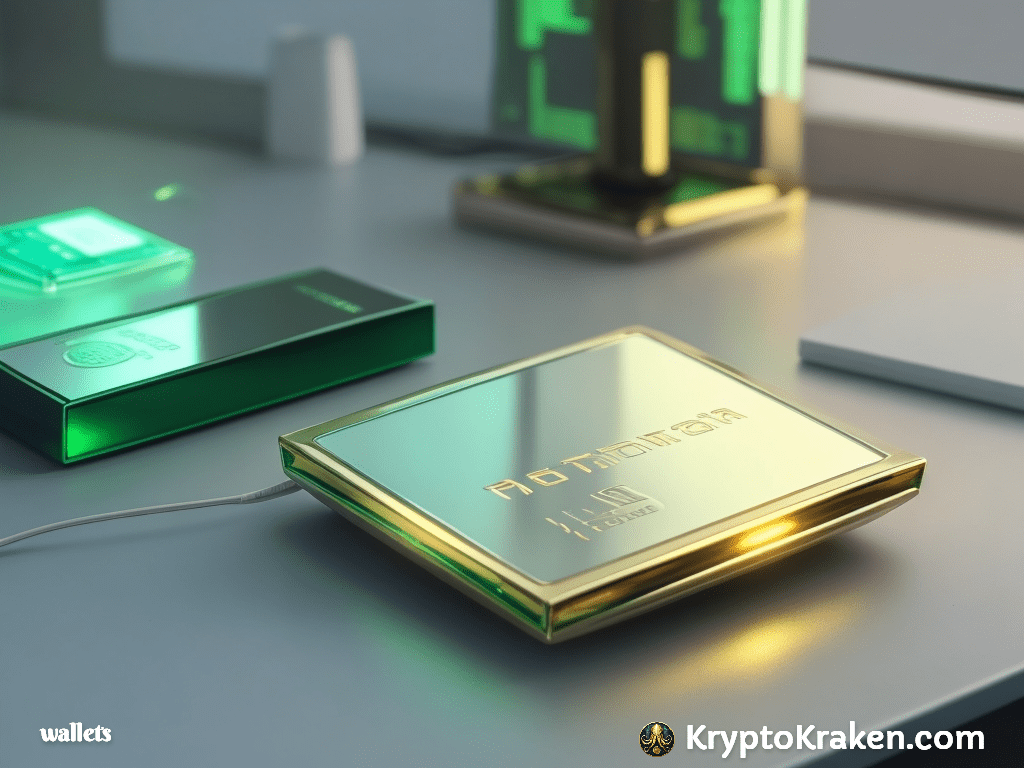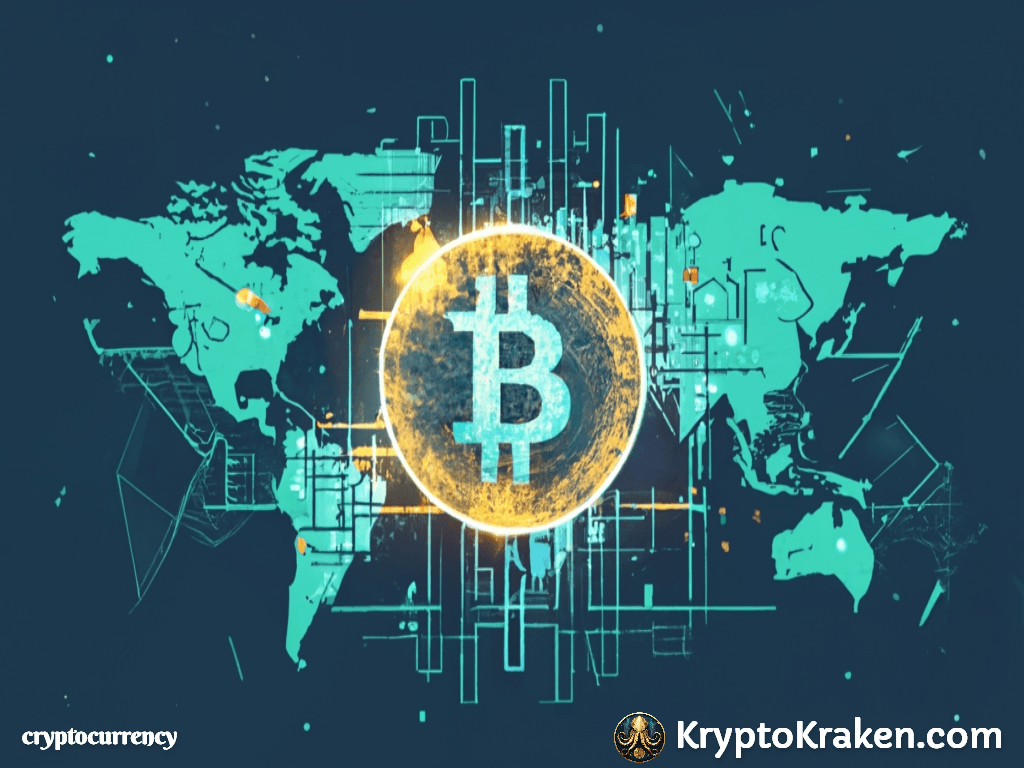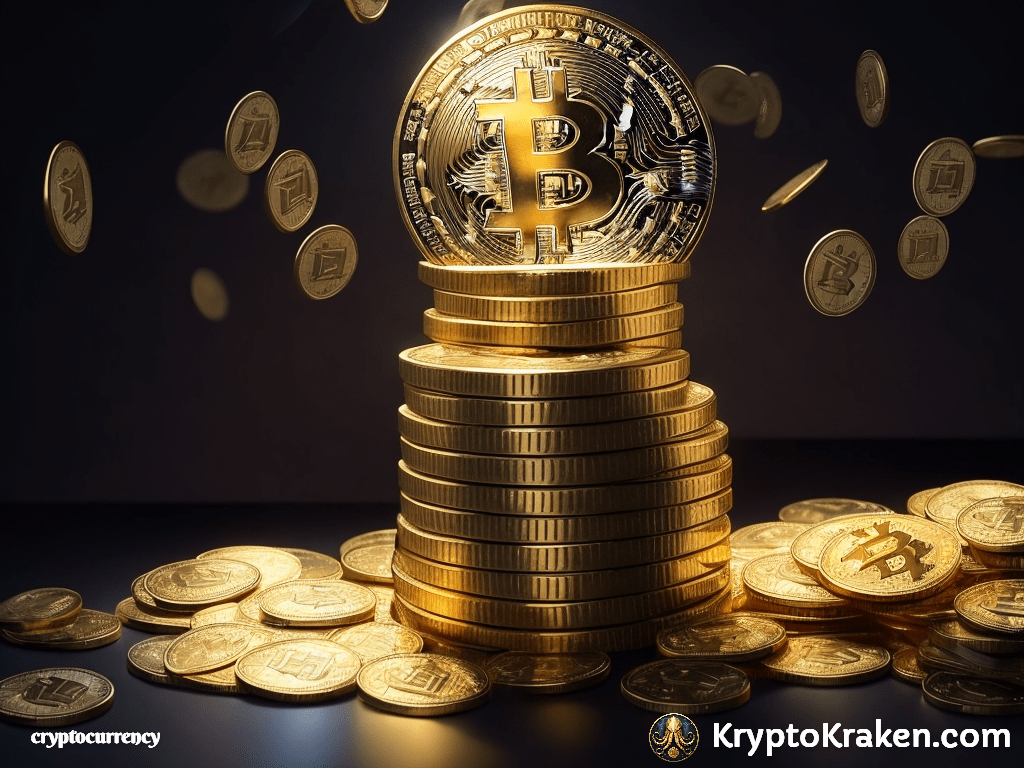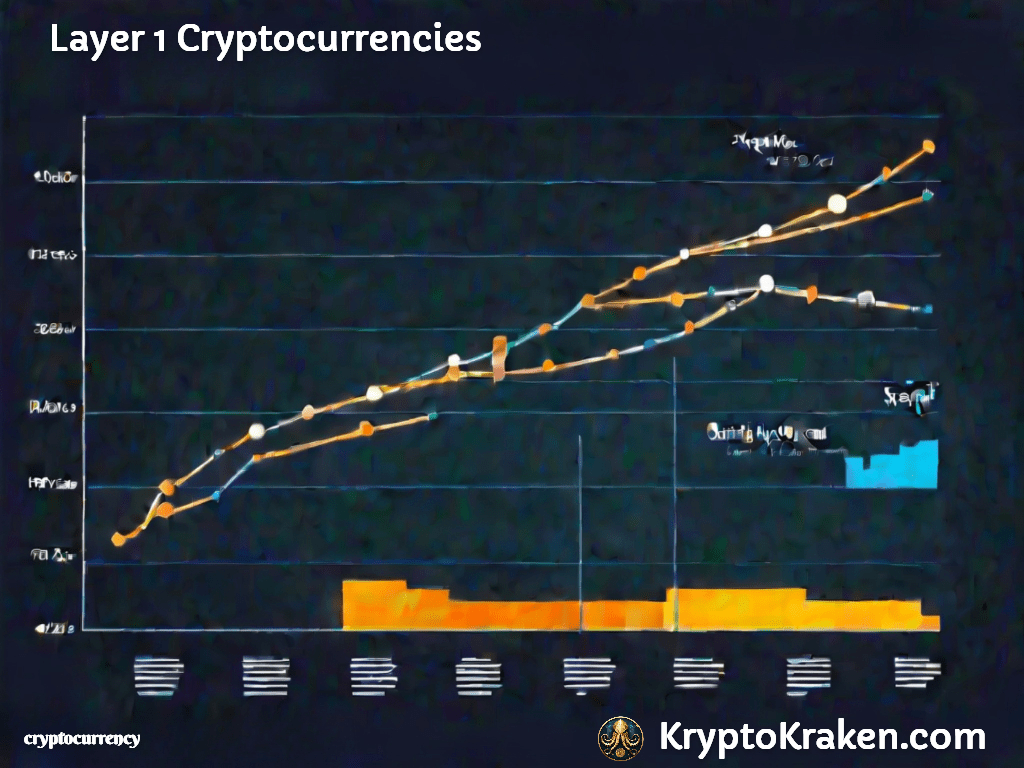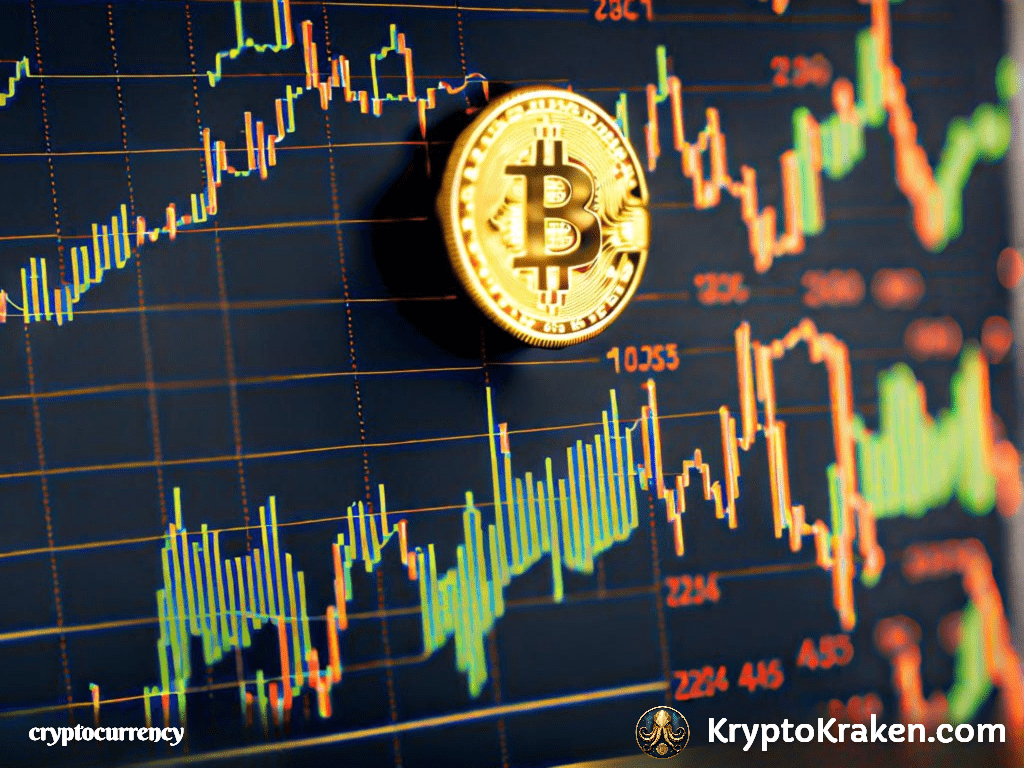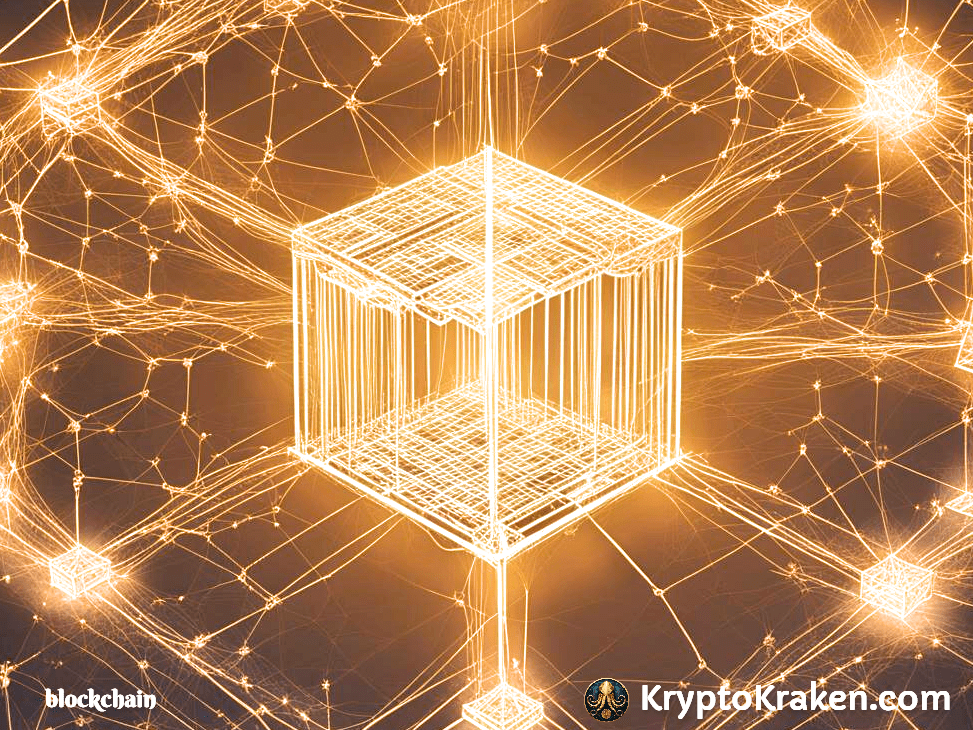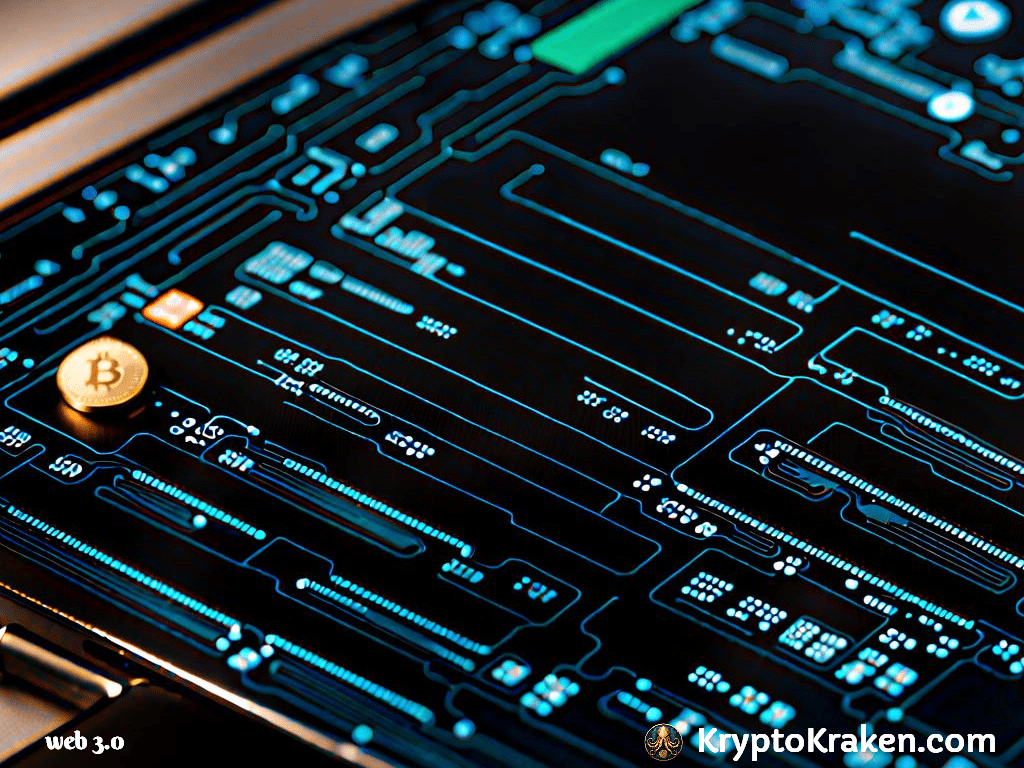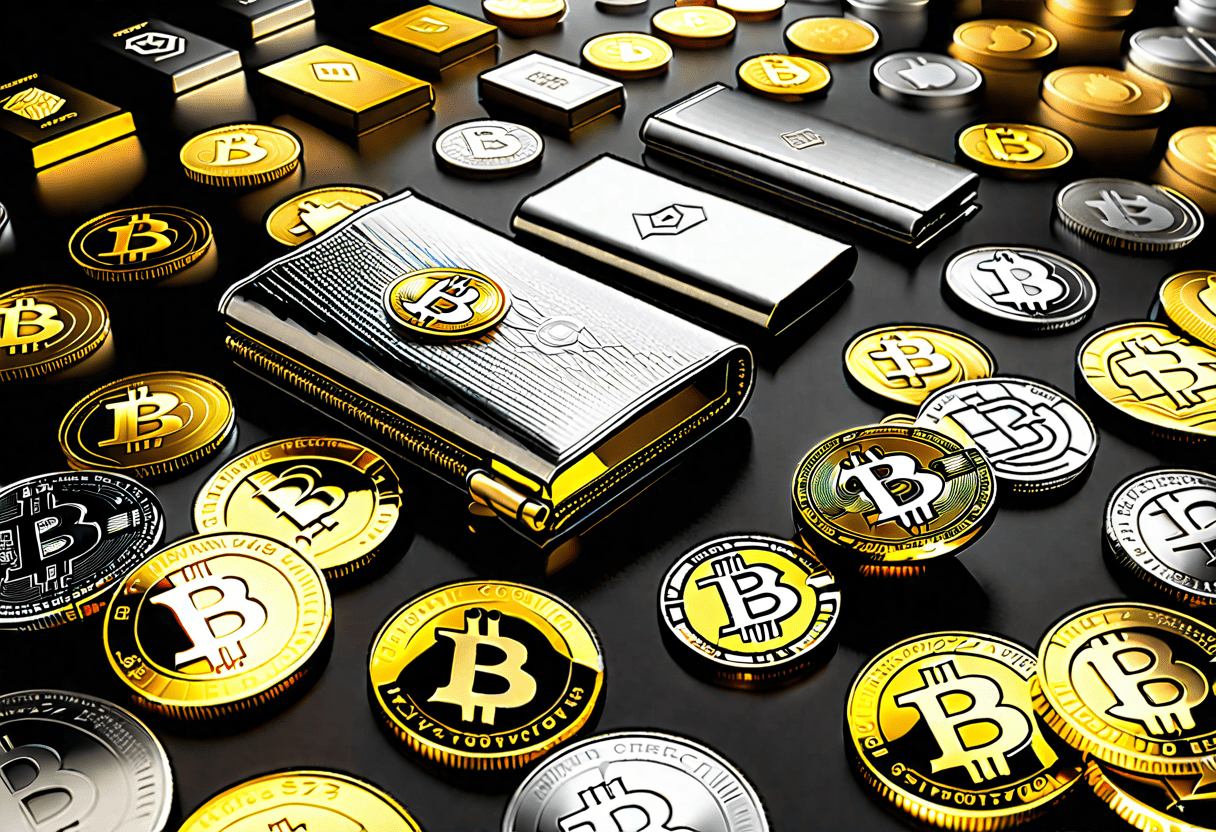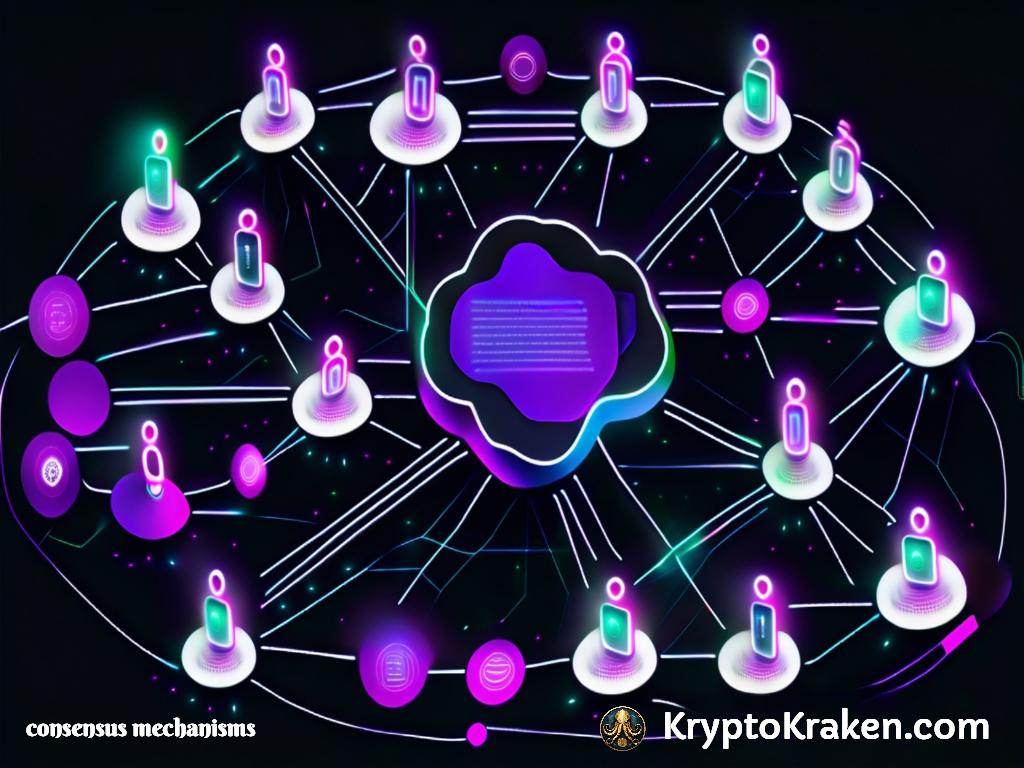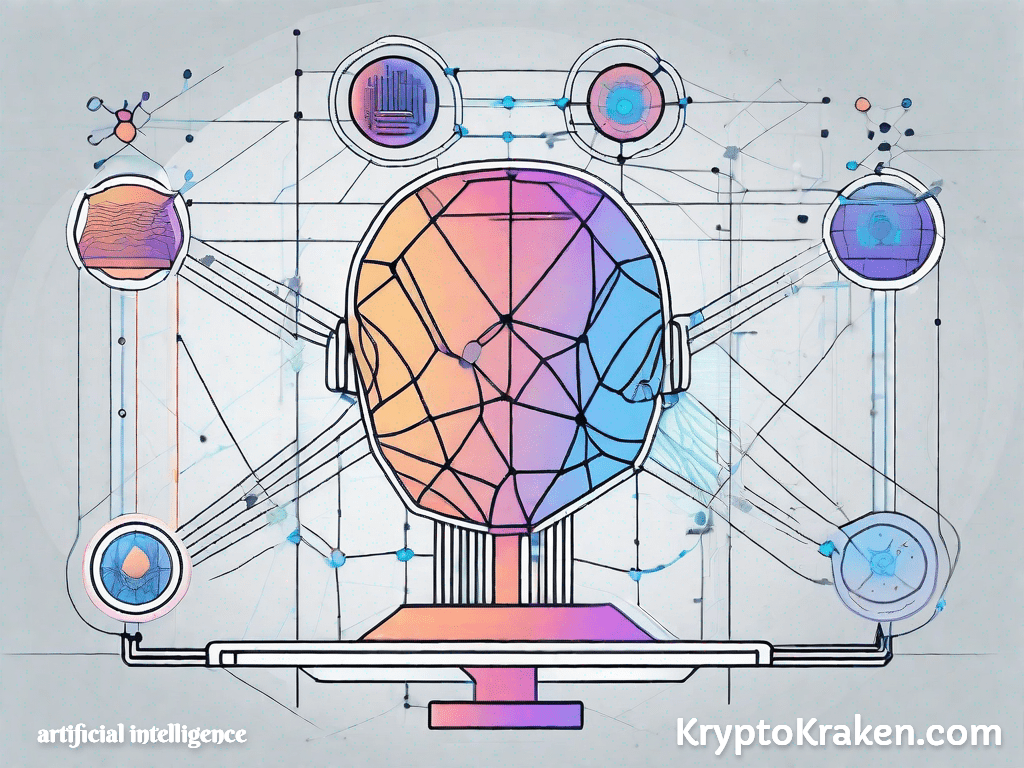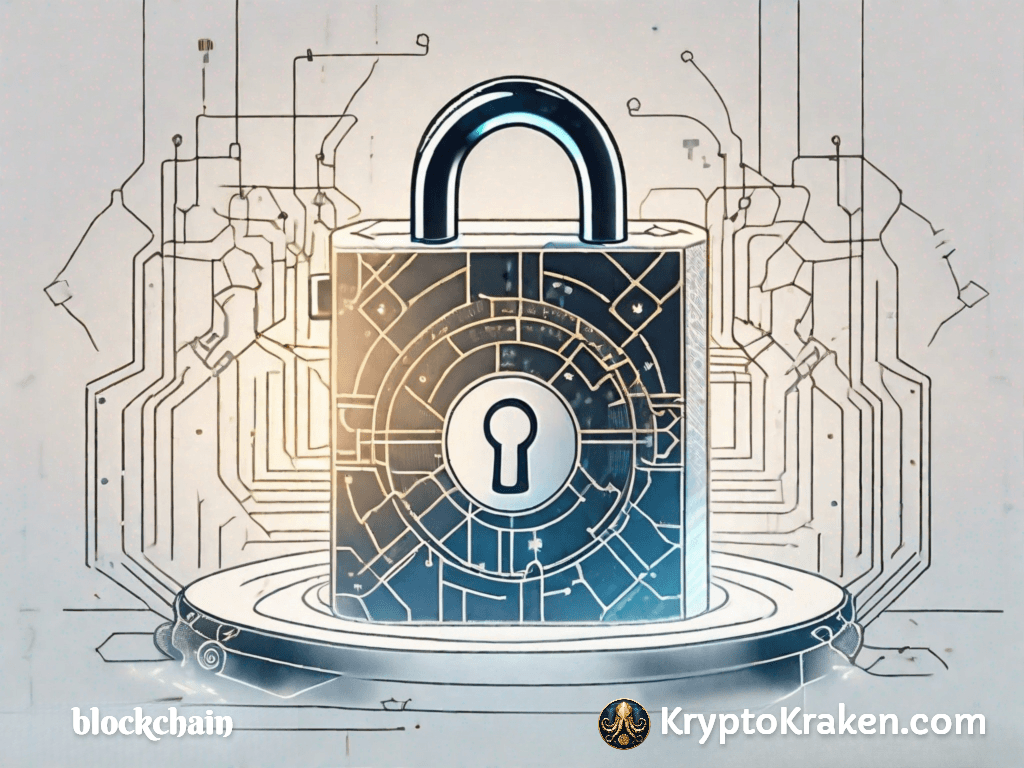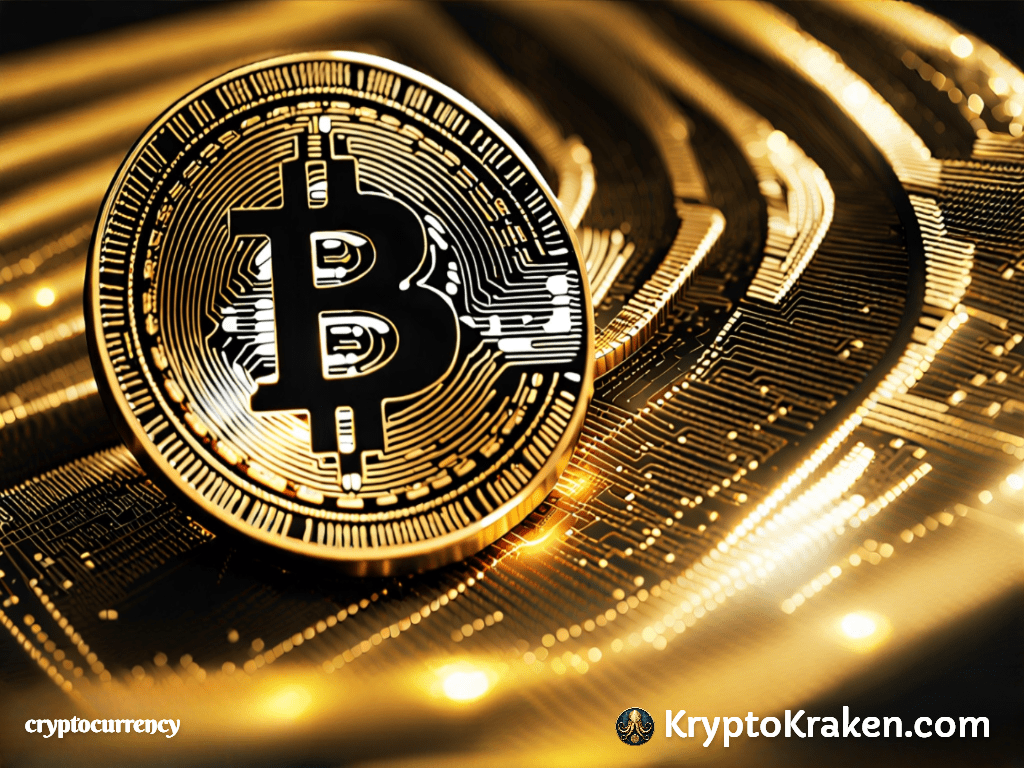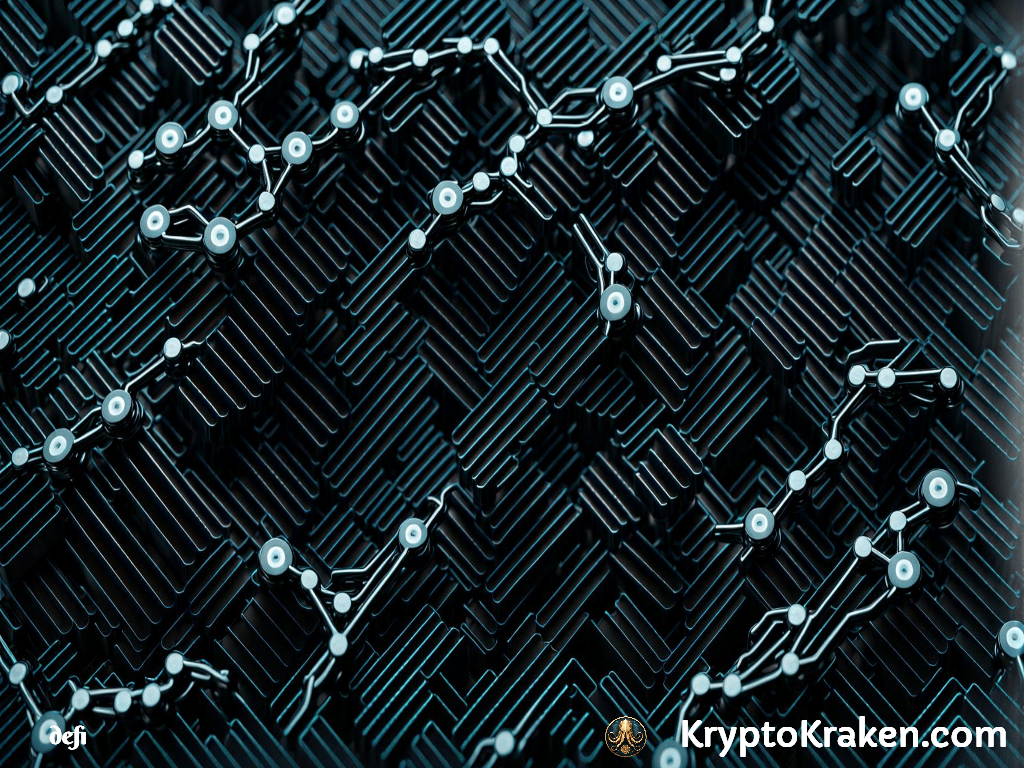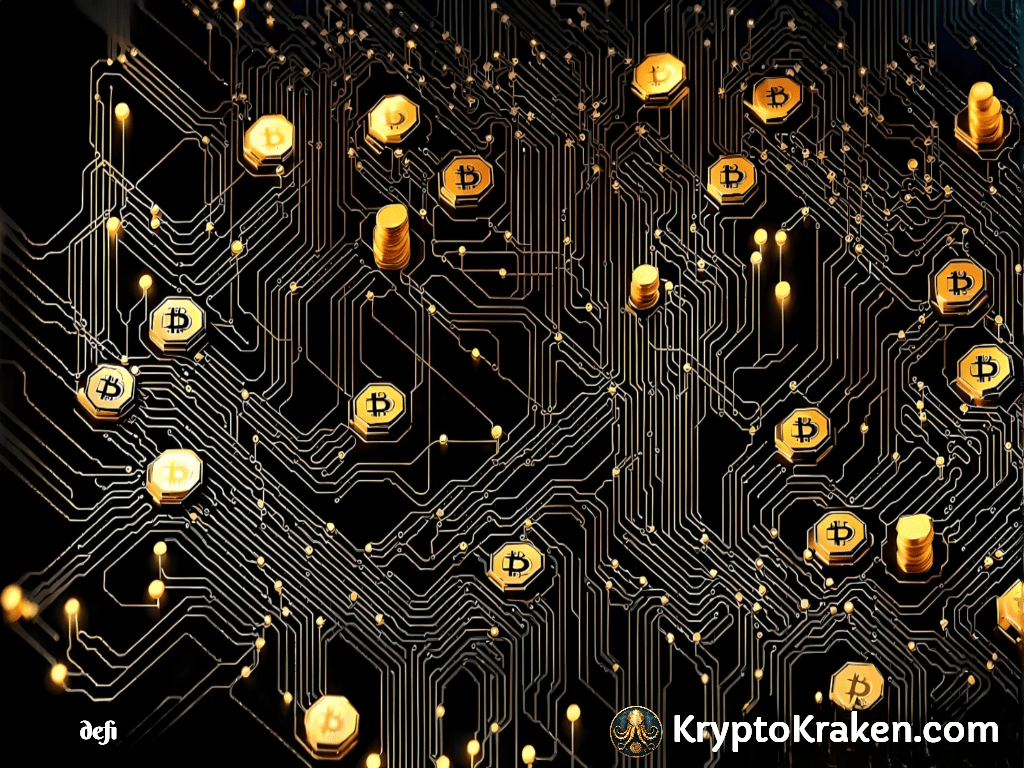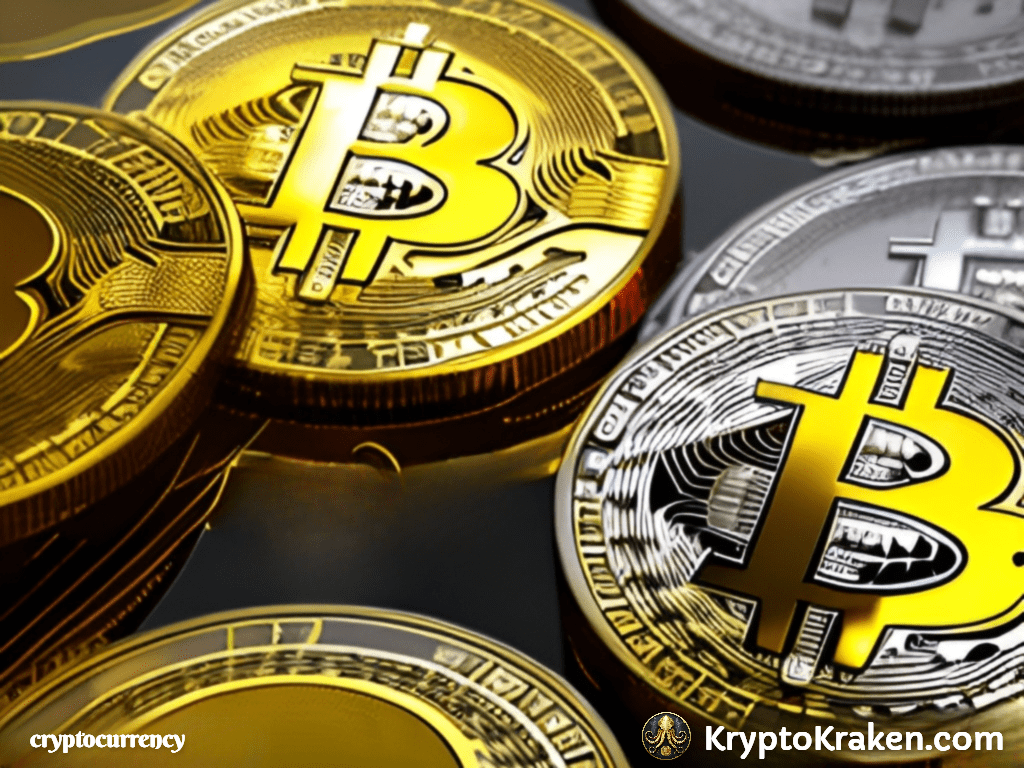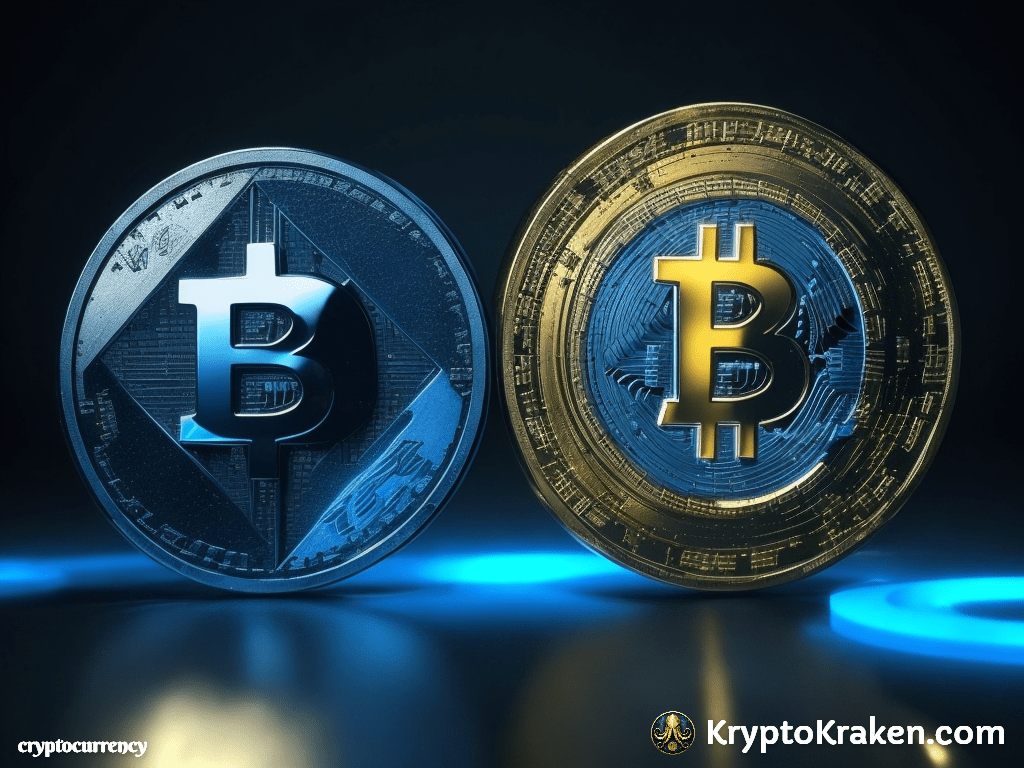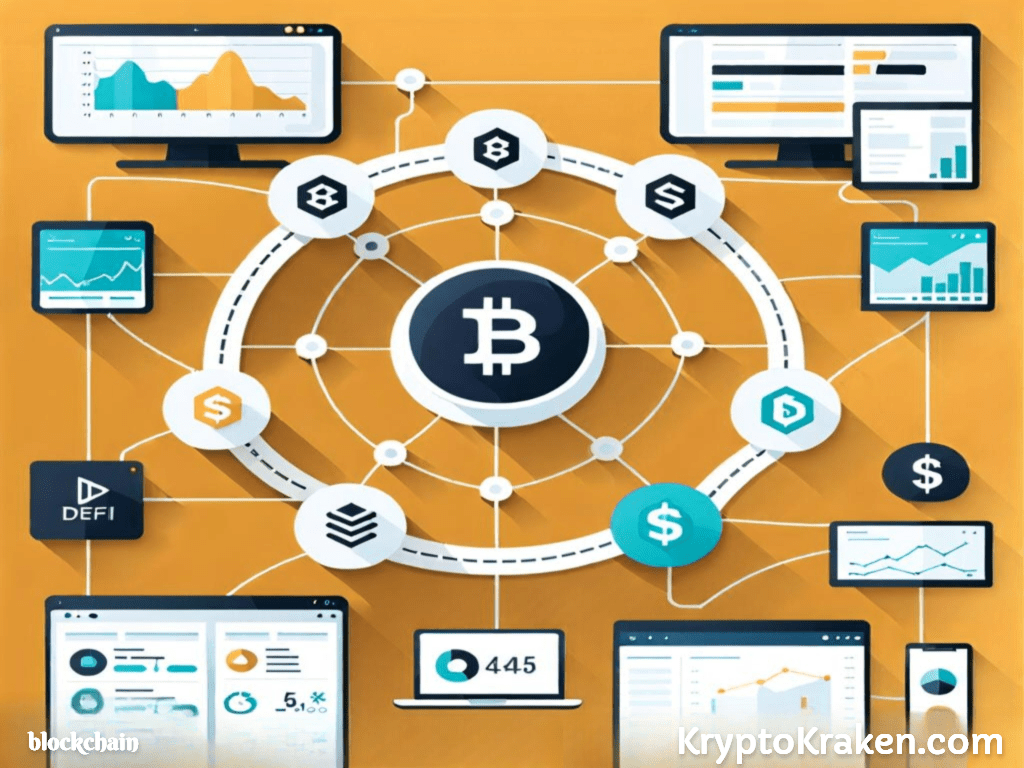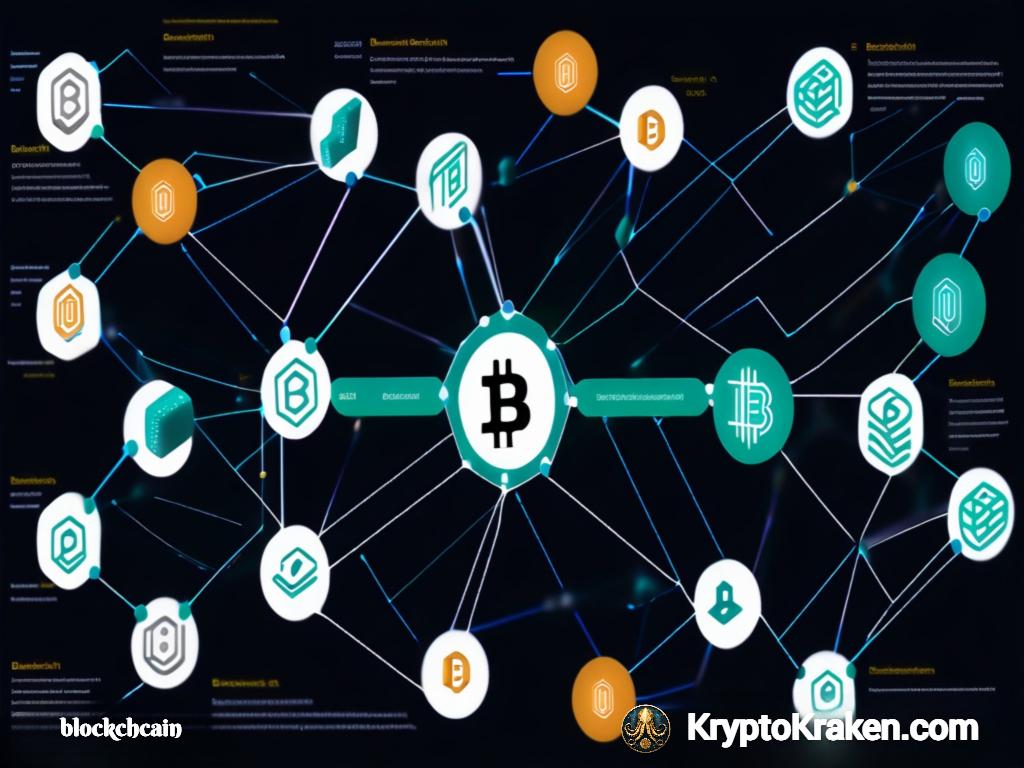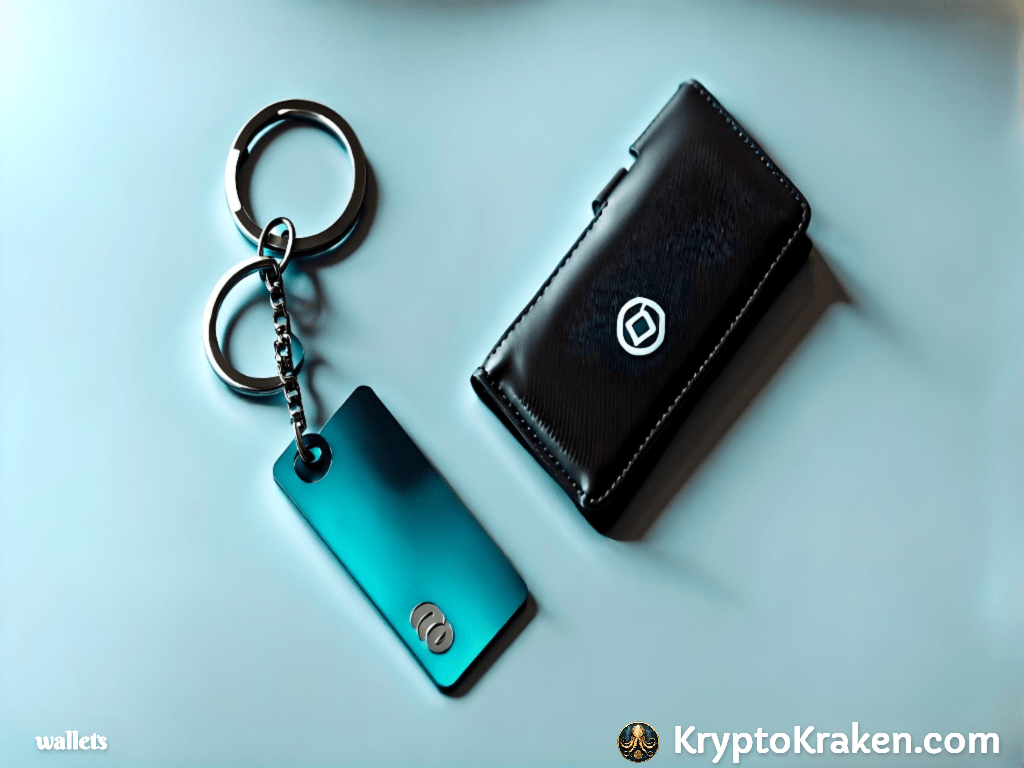
- August 25, 2023
- Dennis Frank
- 0
Table of Contents

In recent years, the world of finance has seen significant changes, with the rise of blockchain technology revolutionizing traditional banking practices. One major development that has emerged from this technological advancement is the concept of decentralized finance, or DeFi. At the heart of DeFi lies the DeFi wallet, a crucial tool for individuals seeking to participate in this new financial landscape and take control of their own assets. This article aims to explore the ins and outs of DeFi wallets, shedding light on their significance in the world of decentralized finance.
Understanding the Basics of DeFi
Decentralized finance, commonly known as DeFi, is revolutionizing the financial landscape by leveraging blockchain technology. Unlike traditional finance, which relies on intermediaries like banks and financial institutions, DeFi operates in a decentralized manner. It empowers individuals to have full control over their financial transactions and assets through the use of smart contracts and decentralized applications (DApps).
What is DeFi?
DeFi refers to an ecosystem of financial applications and services that are built on blockchain technology. This innovative approach eliminates the need for intermediaries, making transactions faster, more efficient, and less costly. DeFi encompasses a wide range of financial activities, including lending and borrowing, decentralized exchanges, stablecoins, yield farming, and more.
One of the key features of DeFi is its ability to provide financial services to individuals who are unbanked or underbanked. Traditional financial systems often exclude these individuals due to various reasons such as lack of documentation or limited access to banking services. DeFi, however, breaks down these barriers by allowing anyone with an internet connection to participate in the financial ecosystem.
The Evolution of Finance: From Traditional to Decentralized
The emergence of DeFi represents a fundamental shift in the way we perceive and interact with financial systems. Traditional finance has long been plagued by issues such as centralization, limited accessibility, and lack of transparency. Financial transactions are usually controlled by centralized authorities, which can lead to inefficiencies, censorship, and potential security risks.
DeFi, on the other hand, promotes financial inclusivity, open access, and transparency through the use of blockchain technology. By leveraging the decentralized nature of blockchain, DeFi applications ensure that transactions are executed without the need for intermediaries. This not only reduces costs but also increases the speed and security of transactions.
Furthermore, DeFi allows individuals to become their own bank. With DeFi wallets acting as gateways to this decentralized financial world, users have complete control over their funds. They can lend, borrow, trade, and invest without relying on traditional financial institutions. This level of financial autonomy is a significant paradigm shift that empowers individuals and promotes financial sovereignty.
As the DeFi ecosystem continues to grow, new and innovative financial products and services are being developed. These include decentralized lending platforms that allow users to borrow and lend digital assets, decentralized exchanges that facilitate peer-to-peer trading without intermediaries, and stablecoins that provide stability in a volatile market.
In conclusion, DeFi represents a transformative force in the world of finance. By leveraging blockchain technology, it offers a decentralized alternative to traditional financial systems. With its potential to promote financial inclusivity, transparency, and autonomy, DeFi is poised to reshape the way we think about and interact with money. To further familiarize yourself with Defi, Check out How to Get Started With Defi
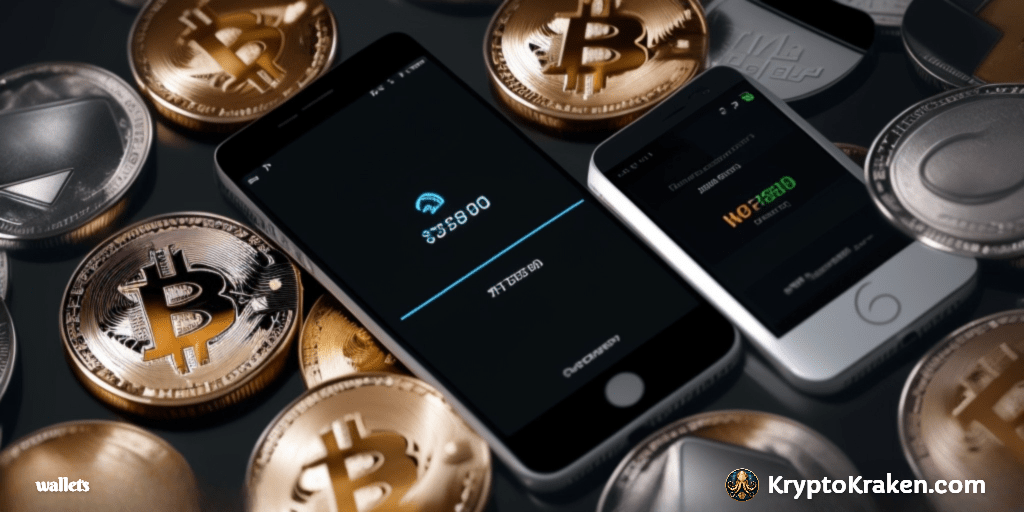

The Concept of a DeFi Wallet
What is a Wallet in the Crypto World?
In the realm of cryptocurrency, a wallet is a software application or hardware device that allows users to securely store, manage, and interact with their digital assets. It acts as a bridge between the user and the blockchain network, facilitating the sending, receiving, and storing of cryptocurrencies.
The Unique Features of a DeFi Wallet
A DeFi wallet is a specialized form of cryptocurrency wallet designed specifically for interacting with decentralized finance applications. Unlike traditional wallets that merely store cryptocurrencies, DeFi wallets enable users to access and engage with a wide range of DeFi protocols, such as lending platforms, decentralized exchanges (DEXs), and yield farming. One unique feature of DeFi wallets is their integration with Web3. A set of protocols that enables direct interaction with decentralized applications on the blockchain. This integration allows users to connect their wallets to DApps and seamlessly execute transactions without the need for intermediaries.
The Importance of a DeFi Wallet in Decentralized Finance
Security and Control Over Your Assets
One of the primary advantages of using a DeFi wallet is the enhanced security and control it offers over your assets. By utilizing cryptographic keys stored within the wallet, users can securely manage their funds without the need to trust third parties. This reduces the risk of hacks, theft, or loss of assets that often accompanies centralized exchanges or custodial services.
Interacting with DeFi Protocols
Another crucial aspect of DeFi wallets is their ability to interact with various DeFi protocols. These protocols allow users to lend, borrow, trade, and earn interest on their digital assets. By using a DeFi wallet, individuals can seamlessly connect to these protocols and take advantage of the wide array of financial services offered by decentralized finance.
How to Choose the Right DeFi Wallet
Things to Consider When Choosing a DeFi Wallet
When selecting a DeFi wallet, several factors should be taken into account. First and foremost, security should be a top priority. Look for wallets that support secure storage and management of private keys, preferably through hardware wallets or non-custodial solutions. Usability and user experience also play a crucial role. Consider wallets that offer a clean and intuitive interface, making it easy to navigate and interact with DeFi protocols. Additionally, compatibility with the blockchain networks and decentralized applications you intend to utilize should be assessed. This What is a Defi Wallet article can provide more information. Crypto Security 101 is a good article to read further about How to Protect Your Assets with Hardware and Cold Wallets
Top DeFi Wallets in the Market Today
Several DeFi wallets have gained popularity in the market due to their robust features and security measures. MetaMask is one such wallet that allows users to seamlessly interact with DeFi DApps across different blockchains. Another notable option is Ledger Live, which offers a hardware wallet solution for secure storage and management of DeFi assets. Trust Wallet, compatible with both iOS and Android devices, also provides a user-friendly experience with support for various blockchain networks. My personal favorite, and the one I use every day is Ledger Live (affiliate link)
The Future of DeFi Wallets
Emerging Trends in DeFi Wallets
As the DeFi space continues to evolve and mature, new trends are emerging in the realm of DeFi wallets. One such trend is the integration of decentralized identity solutions, allowing users to have better control over their personal information and privacy while participating in DeFi activities. This integration enhances security and mitigates identity-related risks.
The Role of DeFi Wallets in the Future of Finance
Looking ahead, DeFi wallets are expected to play an increasingly pivotal role in shaping the future of finance. With their ability to democratize access to financial services, empower individuals, and promote transparency, DeFi wallets have the potential to revolutionize not only the way we interact with money but also the very foundations of the financial system.In conclusion, DeFi wallets are instrumental in unlocking the full potential of decentralized finance. They provide individuals with the means to take control of their financial future, offering enhanced security, accessibility, and a gateway to a myriad of decentralized financial services. As the world embraces the power of blockchain technology and decentralized systems, DeFi wallets will undoubtedly continue to evolve and shape the future of finance. Fianally, If you’re one of those individuals that enjoys video learning, check out KryptoKrakens Videos









